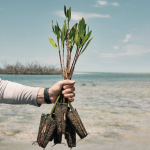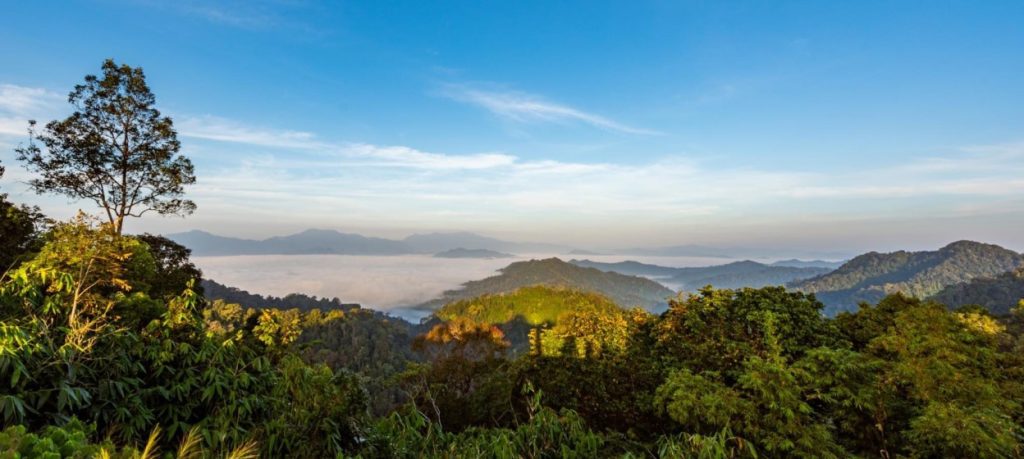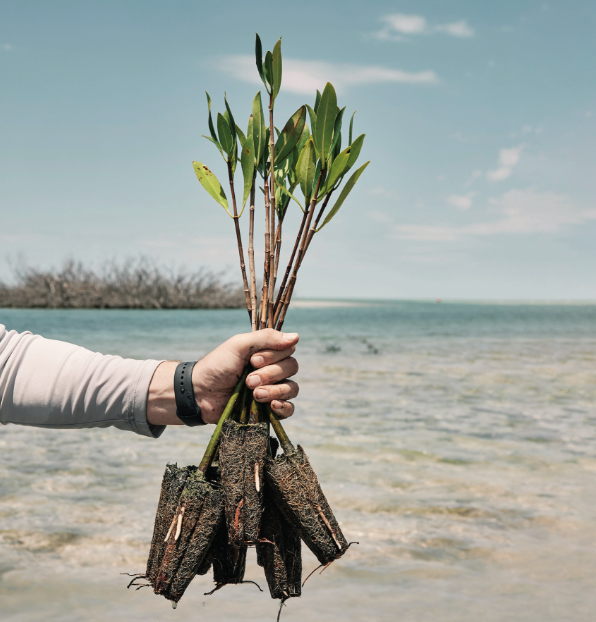Thailands climate change plans need rethink on offsets.
Thailands plans to tackle climate change through carbon offsets are in need of a serious rethink, as it grants corporations control over community forests and may undermine the countrys efforts to combat global warming. Under the Paris Agreement, Thailand has set ambitious targets to achieve carbon neutrality by 2050 and net-zero greenhouse gas emissions by 2065. To achieve these goals, the government plans to increase green areas to 55% of the country and use terrestrial and mangrove forests to generate carbon credits. Source=Fulcrum
Thailands Voluntary Emission Reduction Programme (T-VER), established in 2014, has attracted participation from many large Thai companies, including those in the fossil fuel industry. Furthermore, the imposition of carbon tariffs by the European Unions Carbon Border Adjustment Mechanism (CBAM) and the US Clean Competition Act has sparked increased interest in carbon offsets among Thai exporters. Carbon credits are promoted as a market-based tool to combat climate change and fund environmental projects. However, climate scientists caution that offsets should complement real emission reductions, rather than justify high-carbon economic activities. Source=Fulcrum
One tonne of carbon dioxide (CO2) offset through tree plantings cannot fully compensate for the emissions from burning fossil fuels. Trees capturing released fossil carbon can easily re-release it into the atmosphere if destroyed by forest fires. To effectively address climate change, reducing fossil fuel use, particularly coal, is crucial. However, Thailand plans to phase out coal power only by 2040, while repeating common mistakes made in carbon offset projects worldwide. The Guardians investigations have shed light on low environmental integrity and questionable value of many carbon credits from voluntary markets. There is a growing global interest in imposing stricter standards to ensure credible emissions reductions, realistic calculations, and safeguards against carbon release. Source=Fulcrum
Thailands forest carbon offset projects have raised concerns about fairness and the impact on local communities. While these projects take place in pre-existing community forests maintained by locals, corporations gain the rights to manage these forestlands for 30 years and benefit the most from carbon credit sales. This mirrors a global trend where large land areas are earmarked for carbon offsets, often displacing indigenous people in developing countries. Previous government policies in Thailand led to the eviction of tens of thousands of indigenous and vulnerable communities in the name of forest conservation. Without a change in the forest carbon offset policy, Thailand risks alienating its citizens and undermining its overall efforts to address climate change. Source=Fulcrum




